
Sign in to your XDA account
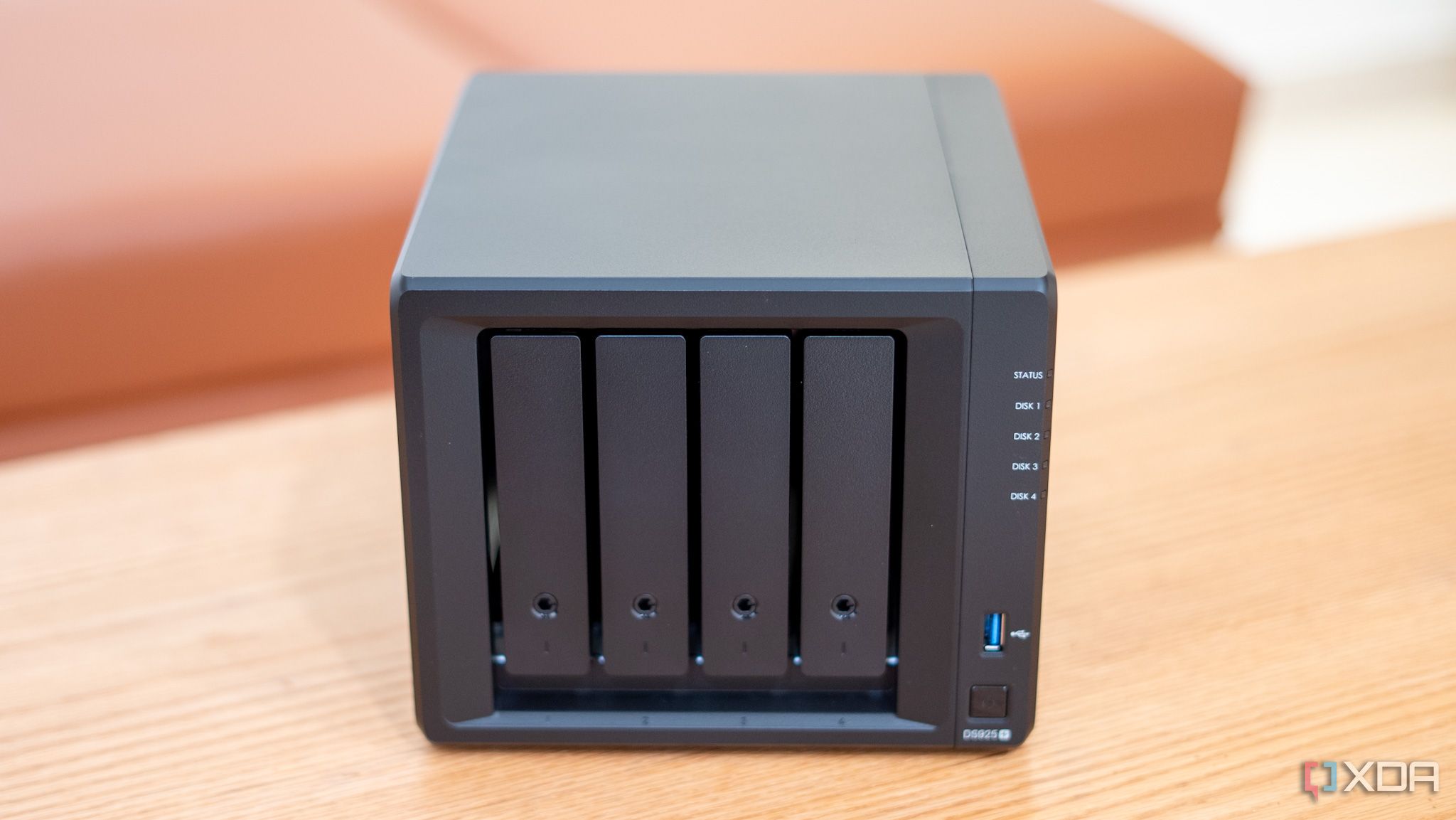
Calling Synology the Apple of the NAS world isn’t a stretch. With over 13 million units sold, the company has taken what was once a niche product and turned it into a user-friendly appliance thanks to its polished software and seamless user experience. The DS925+ is Synology’s latest compact 4-bay NAS, powered by an upgraded AMD Ryzen processor, better networking, and changes to the port configuration. On paper, it’s a meaningful step up from the DS923+. And in many ways, it delivers. But there’s a catch. Synology’s appliance-first mindset may have taken things a step too far. With tighter hard drive compatibility restrictions and a closed ecosystem, the DS925+ might also be the NAS that pushes power users to look elsewhere. Should you consider getting the Synology DS925+, look at alternatives, or pick up an older model instead? Let's find out in our Synology DS925+ review.
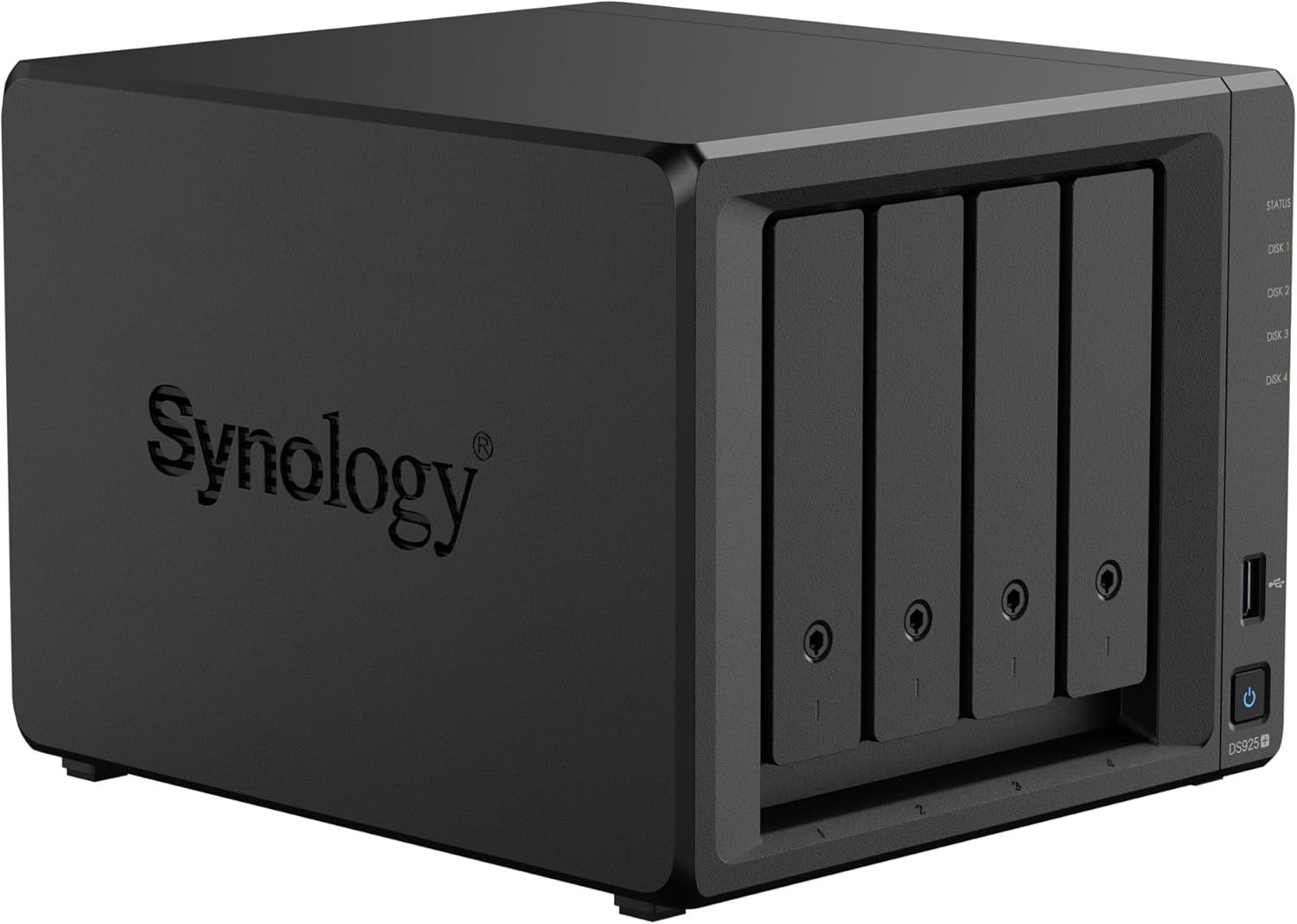
CPU AMD Ryzen V1500B
Memory 4 GB DDR4 ECC SODIMM
Drive Bays 4 x HDD, 2 x NVMe
Expansion 1 x USB Type C
The Synology DS925 Plus is a compact and capable 4-bay NAS designed for home users and small businesses. It offers strong performance, runs DSM 7.2 with a polished, feature-packed interface, provides solid mobile app integration, and handles media server duties well. That said, it’s held back by strict drive compatibility rules and mandatory automatic updates on newer units.
Pros & Cons
- Rock solid software suite and tight integration with mobile apps
- Upgraded 2.5GbE connectivity
- Compact size
- Can't use non-Synology branded storage
- No hardware acceleration
- Underpowered compared to the competition
Price, specs, and availability
Built for performance — with a catch
The Synology DiskStation DS925+ is a 4-bay NAS designed for power users and small businesses. It is available as a diskless unit in the United States, Europe, and Asian markets and is priced at approximately $599.99. While the NAS isn't officially available in the US just yet, you can buy it from Amazon and other retailers in Europe.
The NAS is powered by AMD's Ryzen Embedded V1500B quad-core processor and comes with 4GB of ECC DDR4 RAM, which is expandable up to 32GB. It features two M.2 NVMe slots that can be used for SSD caching or as storage volumes.
In addition to serving files, the DS925+ is tailored for tasks such as virtualization, Docker containers, and multi-user file access. However, it lacks an integrated GPU, so hardware-accelerated transcoding in Plex is not supported, which might disappoint users looking for the most power-packed media server experience.
Connectivity options include two 2.5 Gigabit Ethernet ports, an upgrade over the dual gigabit ports on previous models, two USB 3.2 Gen 1 Type-A ports, and a USB-C port for connecting an external expansion unit. The Synology DS925+ does not include a PCIe slot for adding a 10GbE network card. The NAS is powered by an external 90W adapter and cooled by dual 92mm fans at the rear.
CPU AMD Ryzen V1500B
Memory 4 GB DDR4 ECC SODIMM
Drive Bays 4 x HDD, 2 x NVMe
Expansion 1 x USB Type C
Ports 2 x 2.5GbE RJ-45; 2 x USB-A 3.2 Gen 1
OS DSM 7.2
The Synology DS925 Plus is a compact and efficient 4 bay NAS built for home users and small businesses. It delivers excellent performance, runs DSM 7.2 with a polished and feature rich interface, offers great mobile app support, and works well as a media server. However, it is limited by its strict drive compatibility requirements and forced automatic updates on newer models.
Reliable performance meets software finesse
A compact, efficient workhorse
From a design standpoint, the DS925+ continues Synology’s legacy of minimalist, matte black hardware. It is compact, more so than typical 4-bay NAS models, and well-suited to home offices or creative workspaces where desk real estate matters. The hot-swappable drive trays are tool-free and easy to access, and the internal layout is clean, if a bit cramped. It took me a couple of tries to reach the RAM slots. The NVMe bays, on the other hand, are positioned underneath the unit and are easy to reach.
Performance, as expected from the Ryzen V1500B, is excellent for most home users or SMB workloads. That said, it is worth mentioning that the upgraded processor is still a fairly outdated chipset from 2018, so don't expect magic. If sheer performance, running multiple virtual machines, is what you want from your NAS, there is much faster hardware to be found for not much more money. Most typical users should be perfectly at home with Synology's processor configuration. Meanwhile, DSM, Synology’s NAS operating system, runs as smoothly as ever. There is nothing particularly new and exciting here in terms of apps, and coming off a decade of using Synology hardware, I felt right at home. The PC-like interface is easy to pick up, and everything runs at a steady clip. First-time users may find Synology’s naming conventions a little confusing, especially when figuring out which of its many apps handle backups, photos, or remote access, but it is a one-time learning curve. Once set up, the system pretty much takes care of itself.
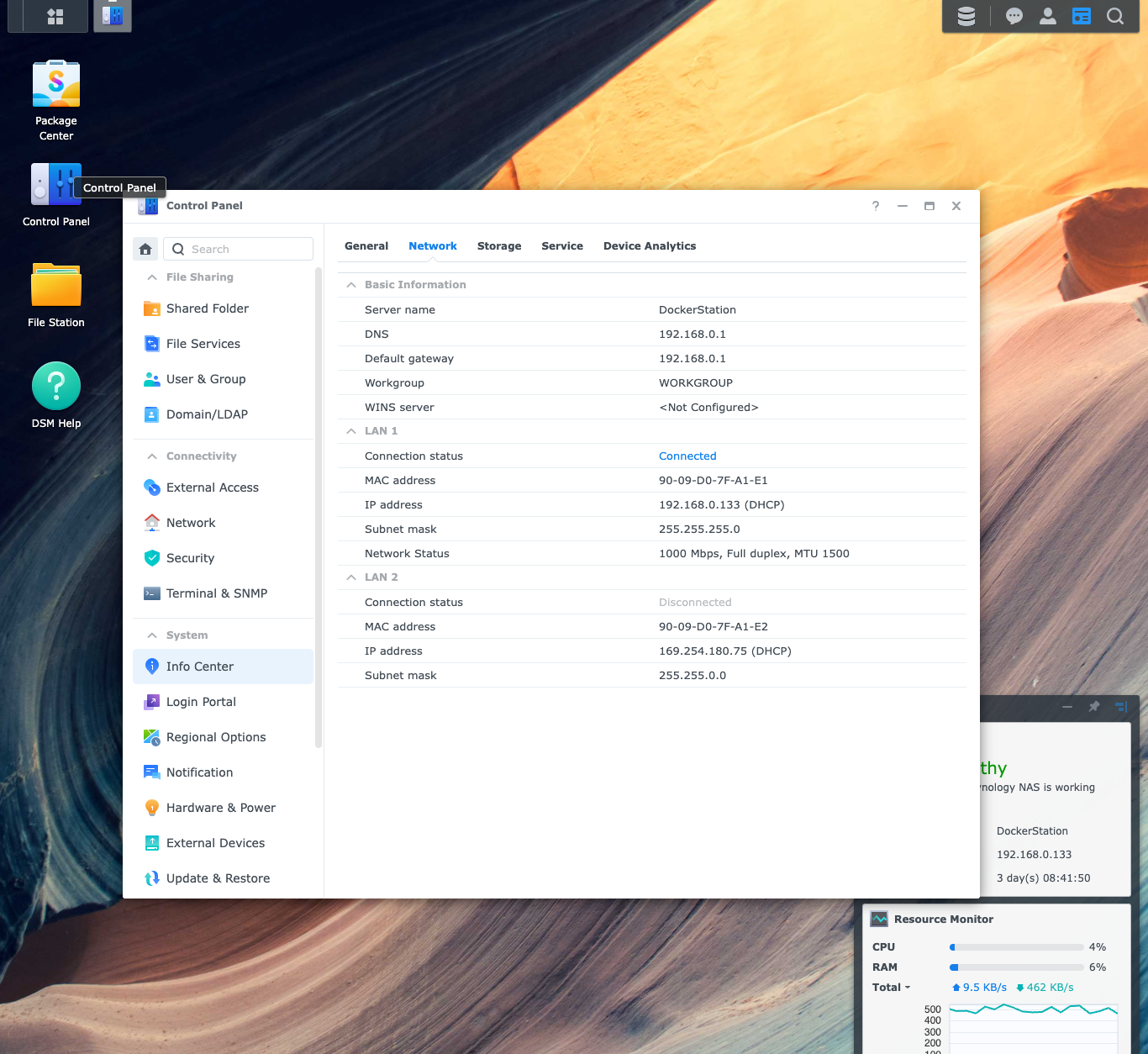
In fact, I'd go as far as saying that DSM 7.2 remains one of the biggest reasons to stick with Synology. The interface is polished, packed with genuinely useful services, and tightly integrated with both Android and iOS platforms. Whether you’re backing up photos, sharing documents, editing text, or running your own mail server, there is a tool for it. If not, Docker support opens the door to nearly anything else. I'm not a big fan of Synology's barebones container manager, but that is easily remedied by installing an alternative like Portainer. I would, however, recommend bumping up the RAM if you plan to run a lot of containers or virtual machines. In terms of apps, Synology Photos has become a daily utility for me. It automatically backs up media from all my devices and serves as a solid alternative to Google Photos without the privacy trade-offs.
The DS925+ also shines as a media server. Even without hardware transcoding, it handles high-bitrate 4K content without breaking a sweat. If you do not need real-time transcoding for mobile streaming, this NAS delivers a rock-solid Plex experience. In my testing, it performed just as reliably as the DS923+ in this regard.
Synology's mobile app experience sets it apart from the competition with its better design, ease of use, and reliability.
What really sets Synology apart is its mobile experience. The apps are better designed, easier to use, and more reliable than what most other NAS brands offer. Remote access, file browsing, and media streaming all work seamlessly from your phone. That remains a major differentiator, especially for users who want to manage or access their files on the go.
All the core NAS functions of the DS925+ work exactly as expected, from file access over SMB and FTP to seamless syncing through Synology’s suite of apps. And the best part is you rarely have to think about it once it’s running. My aging DS918+, for instance, has been sitting quietly with over five years of uptime outside of software updates with zero issues. The DS925+ is well on track to match that level of stability.
Finally, on the topic of connectivity, it bears mentioning that while the updated 2.5GbE Ethernet ports are a long overdue and welcome addition, they do not make up for the baffling decision to remove support for PCIe-based 10GbE upgrades. With link aggregation enabled, it is a cinch to saturate the hard drive bus, and that's without accounting for NVMe volumes that will never reach their potential. I understand Synology's reluctance to increase prices, but I doubt many enthusiasts would have complained about paying a little more for faster connectivity.
But about that drive compatibility
Hard drive lock-in and forced updates raise red flags
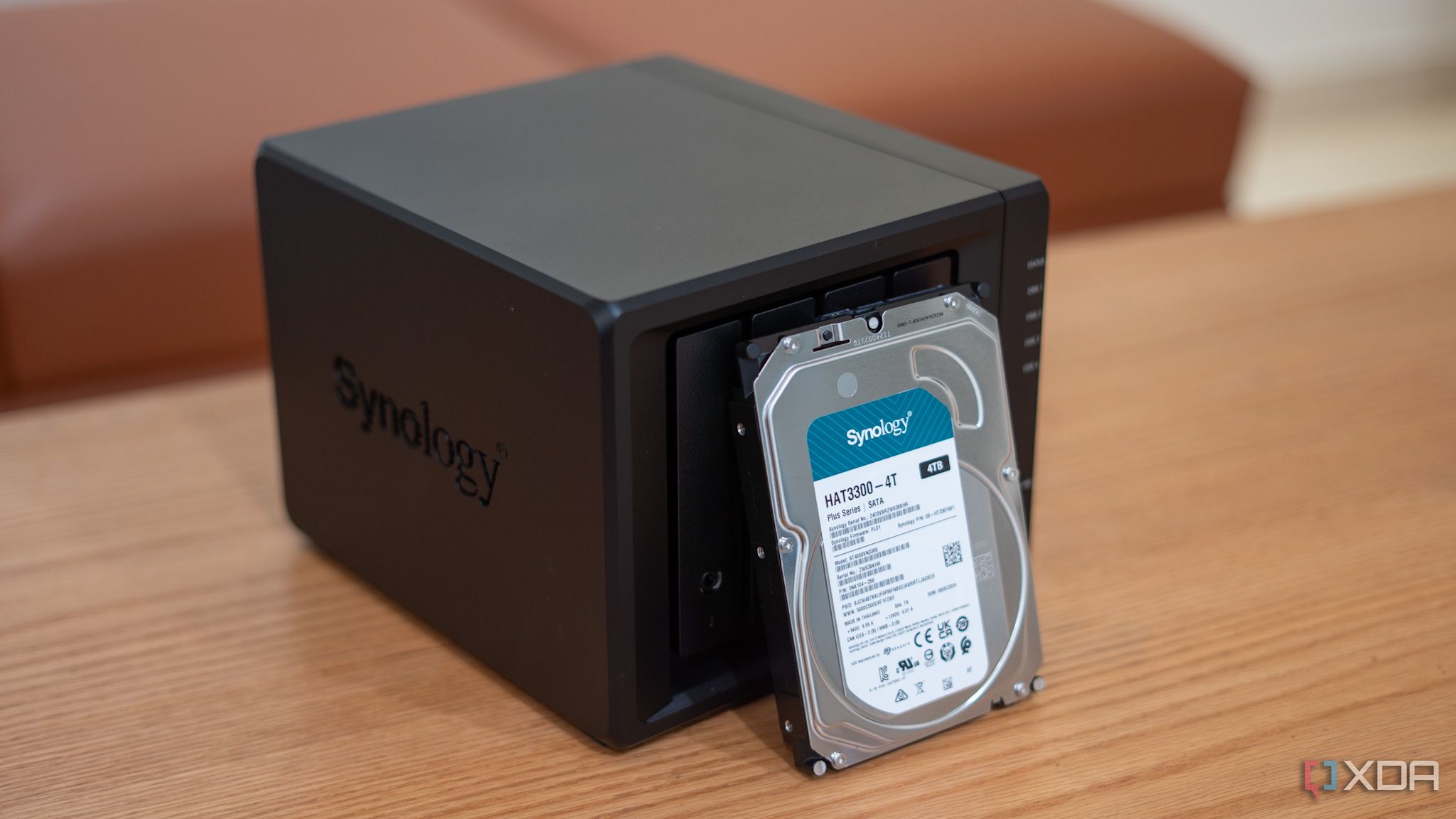
But for all its positives, the Synology DS925+ introduces a few so-called upgrades that might be deal-breakers for power users. To begin with, you can’t even initialize your brand-new NAS unless you install Synology-branded hard drives. If you’re upgrading from an existing Synology NAS, the company will allow you to migrate your data, but it won’t let you add or expand volumes using third-party drives. Warnings about compatibility, reduced performance, and limited features now appear when non-Synology drives are used. Trust me, it's left me scratching my head as much as the next enthusiast.
Between limiting storage options to Synology-branded drives and forced software updates, the DS925+ is more of a storage appliance than an enthusiast-oriented NAS.
It doesn’t end there. Synology is mandating automatic software updates on its 2025 lineup of NAS models. This means the company can make system-level changes or remove features anytime, including system-level changes, to drive compatibility using scripts. According to Synology, these decisions are meant to improve security and streamline support. That may be fine for home users. However, professionals who depend on enterprise-grade drives from Seagate or WD could find it a serious limitation, especially given the small number of officially supported hard drives and the frightfully high price tag. It's a very odd decision for a company whose bread and butter rely on providing a safe home for hard drives. If Synology continues down this path, it risks alienating a portion of its loyal user base, particularly those prioritizing control, flexibility, and long-term value. As a long-time Synology evangelist, I know I'm already considering alternative options.
Should you buy the Synology DS925+?
You should buy the Synology DS925+ if:
- You want a compact 4-bay NAS at a competitive price point
- You plan to run Plex or similar media streaming apps
- You rely on DSM’s suite of photo, backup, and cloud sync tools
- You value rock-solid stability and mobile access on the go
You should NOT buy the Synology DS925+ if:
- You want native hardware transcoding for media
- You dislike vendor lock-in for drive compatibility
- You expect major software upgrades from one generation to the next
The Synology DS925+ builds on a proven platform with better performance and faster networking. It is a dependable upgrade if you’re already in the Synology ecosystem, or a great place to start if you want a stable, set-and-forget NAS for home or small office use. DSM 7.2 continues to be the best NAS software out there, and, combined with excellent mobile apps, makes this a polished experience from end to end. But it is hard to ignore Synology’s increasingly narrow compatibility list for drives, which can be a deal-breaker for some, if not many, enthusiasts. With the sheer number of excellent NAS options on the market, Synology's narrow-minded move comes across as a very risky maneuver.

CPU AMD Ryzen V1500B
Memory 4 GB DDR4 ECC SODIMM
Drive Bays 4 x HDD, 2 x NVMe
Expansion 1 x USB Type C
The Synology DS925 Plus is a compact and efficient 4 bay NAS built for home users and small businesses. It delivers excellent performance, runs DSM 7.2 with a polished and feature rich interface, offers great mobile app support, and works well as a media server. However, it is limited by its strict drive compatibility requirements and forced automatic updates on newer models.
.png)

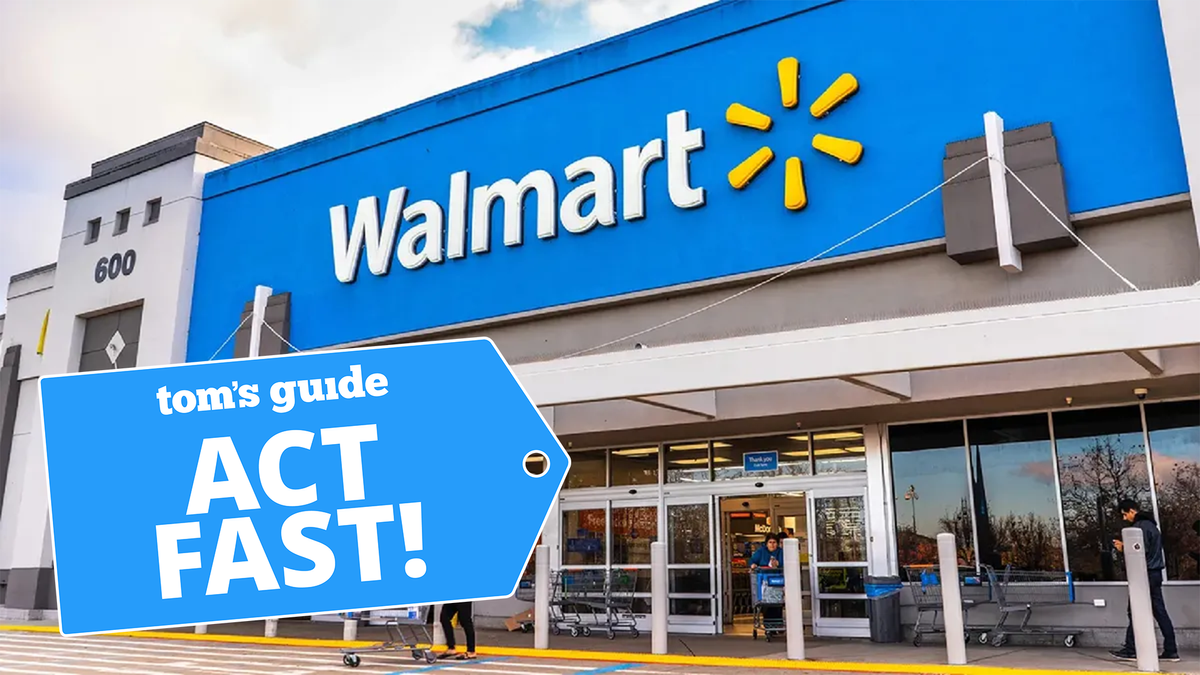









 English (US) ·
English (US) ·